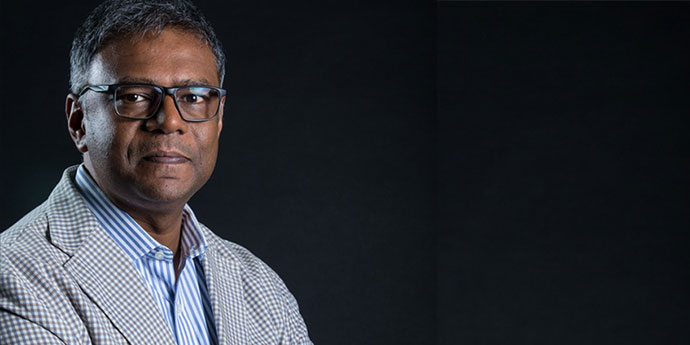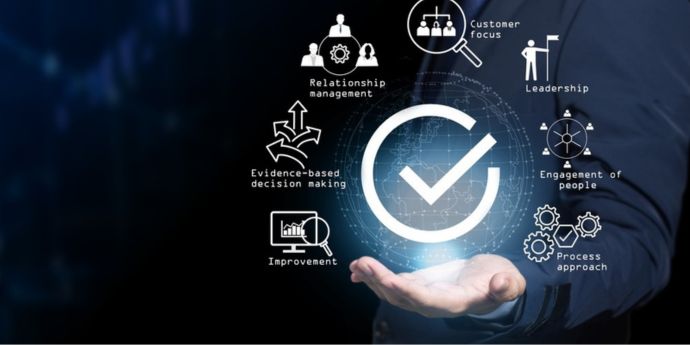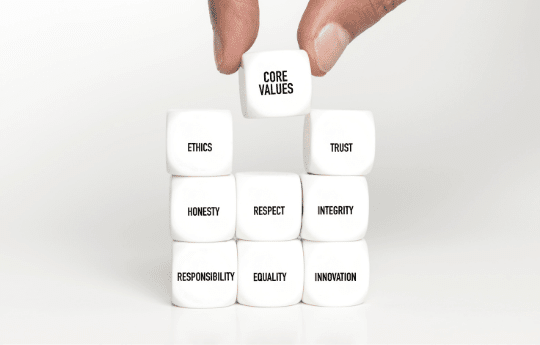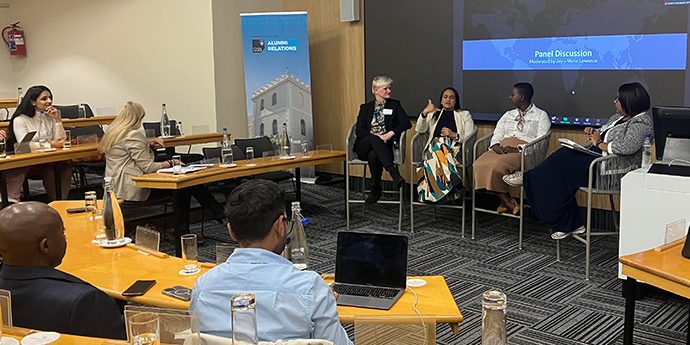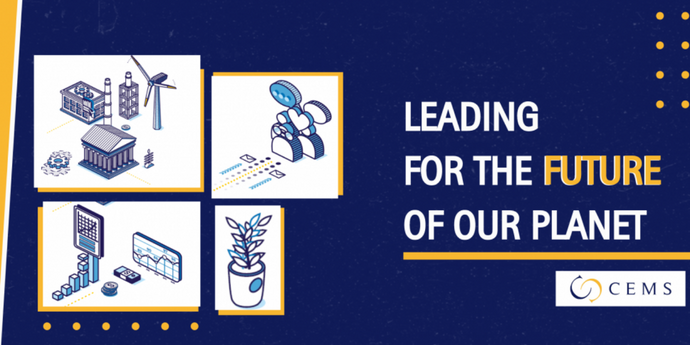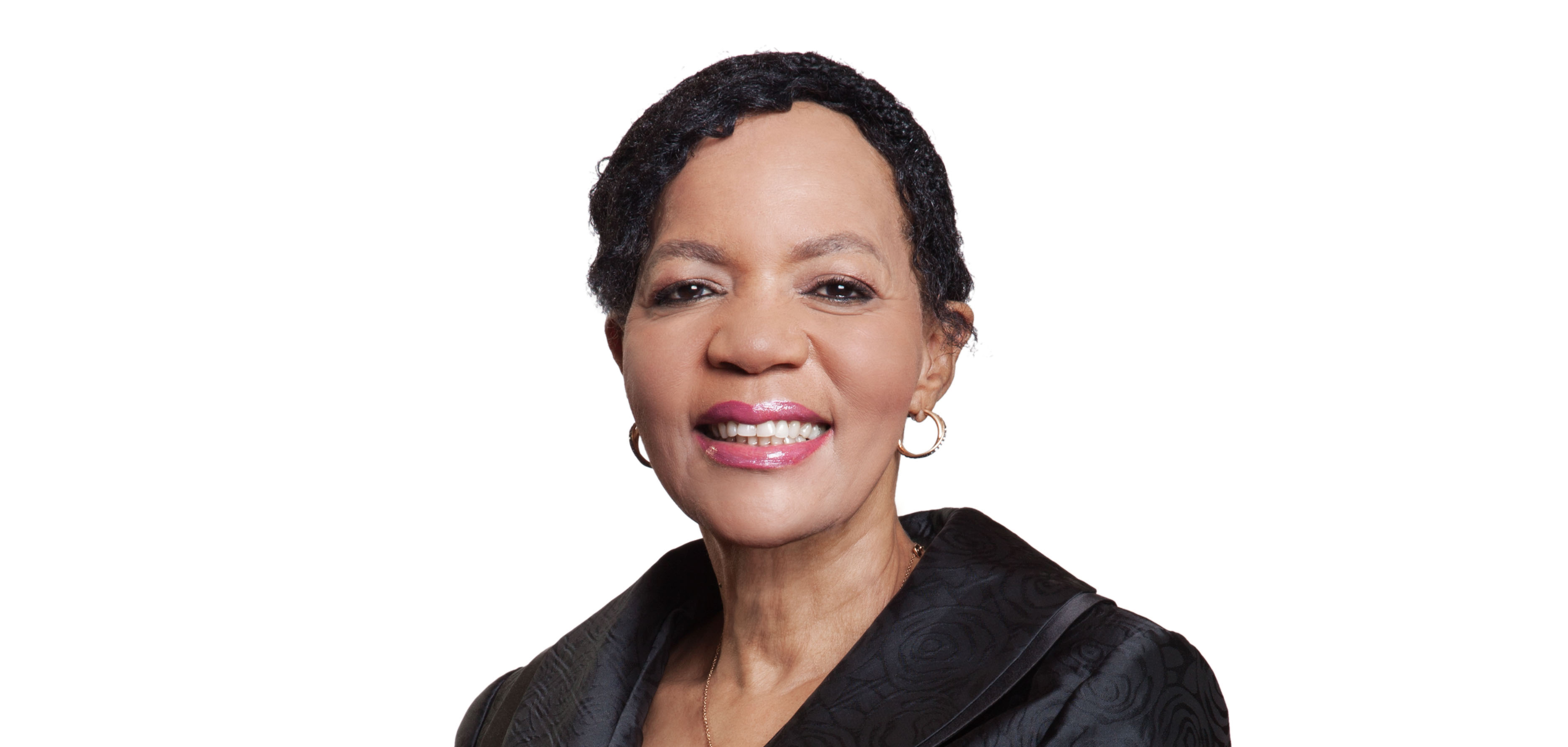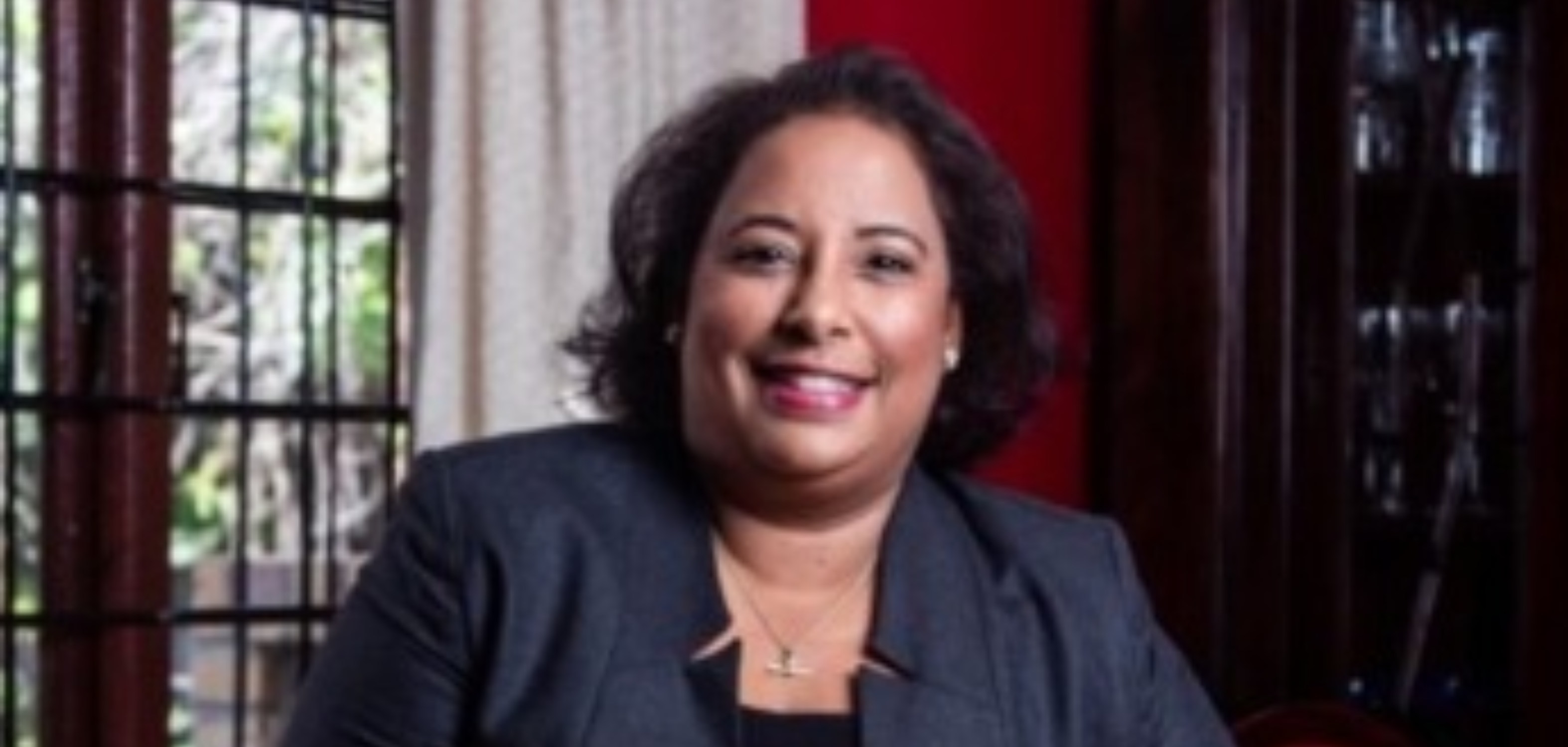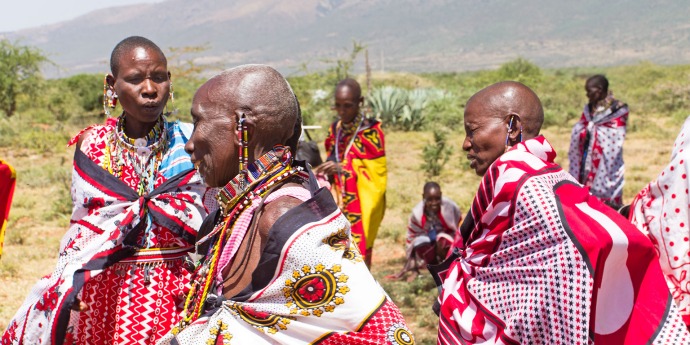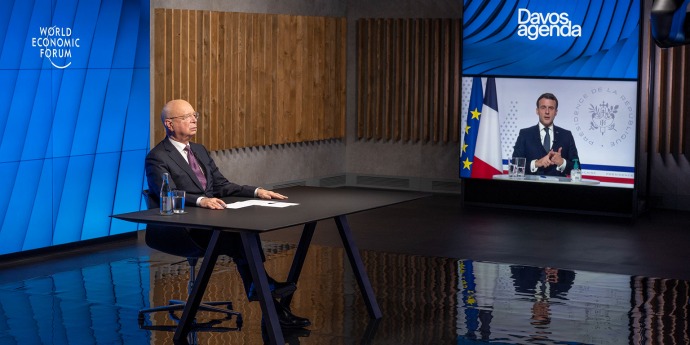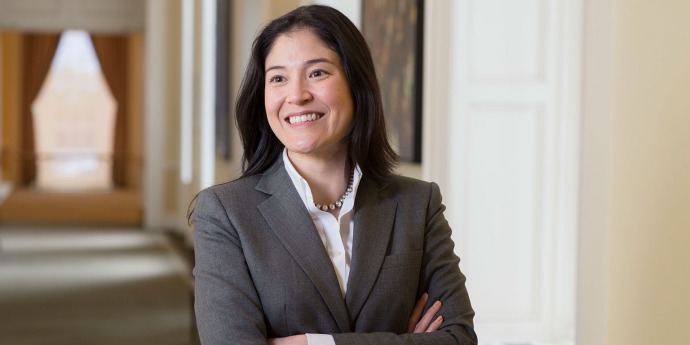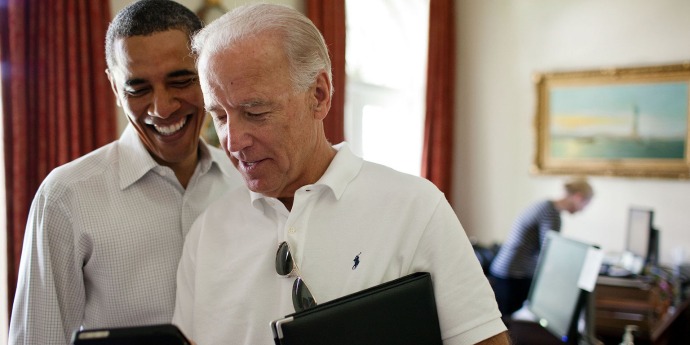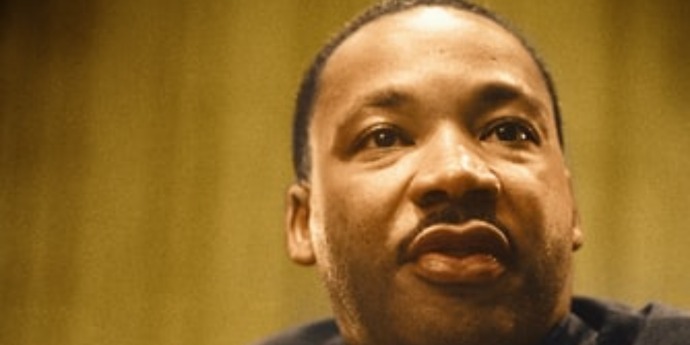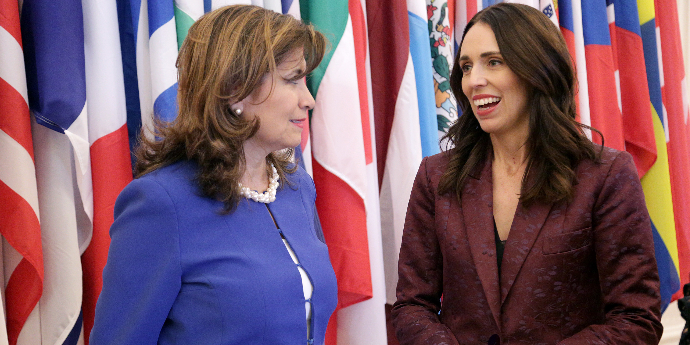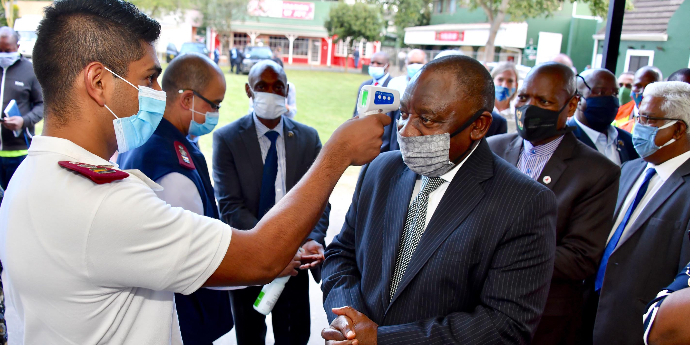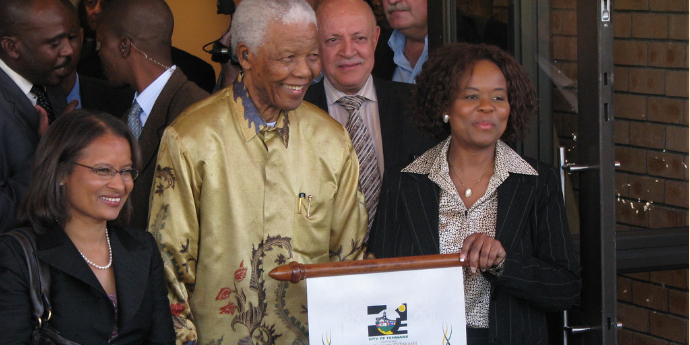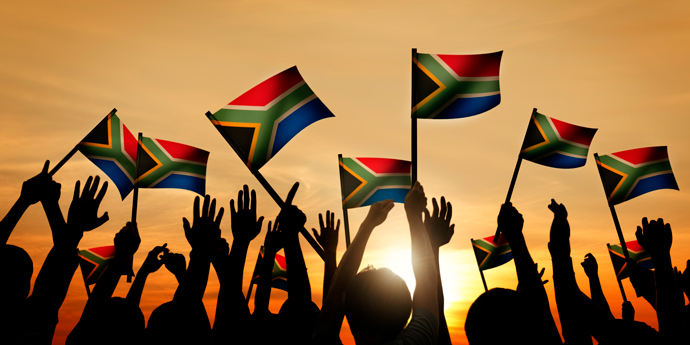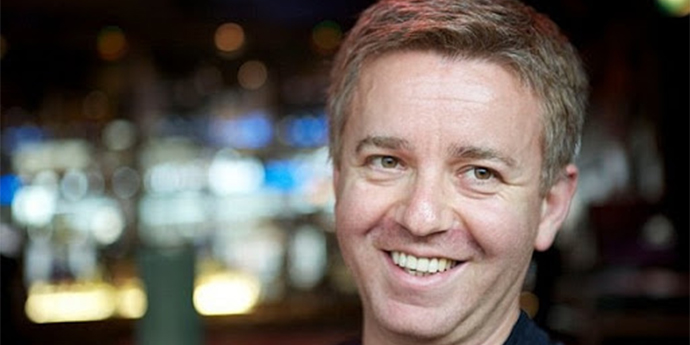A new study shows that by staying true to the founding principles of the Buddhist meditation technique known as mindfulness, business leaders can reimagine not just how they work, but also how to build stronger relationships in the workplace.
It seems farfetched to imagine that an ancient meditation technique, first practised by Buddhists over two thousand years ago, could have a place in the 21st-century corporate boardroom.
But despite criticisms that it is just another faddish appropriation (and aberration) of Eastern traditions in the West, ‘mindfulness’ is proving its worth in the workplace.
Mindfulness traces its origins to early Buddhist texts. The Sanskrit word ‘Sati’ describes a lucidity that, as a part of self-development, is linked to the reduction of human suffering, and enhanced states of calmness and contentment.
Lost in translation?
But the technique has taken on new forms and fluid meaning in the West. As a result, mindfulness training in the workplace, too, comes in different shapes and with varying interpretations. There are concerns that the fundamental principles of mindfulness are getting lost in translation; specifically, that ethical pillars such as putting aside greed and self-concern are being watered down, if not casually culled. As a columnist in one prominent US newspaper pointed out: “Mindfulness, at its core, simply means to be present, aware, undistracted, and not lost in thought.” Likewise, fears abound that mindfulness could be opportunistically deployed by managers eager to squeeze more out of their workforce, or to co-opt them into corporate “group-think”. Research has also pointed to other potential adverse effects like alienation from others and the workplace.
On the other hand, there is growing consensus that mindfulness can be of benefit to those in positions of leadership. It has been found to help business leaders strengthen relationships at the office, build greater resilience, improve the performance of tasks and decision-making, and more.
Filling in the research gaps
To extend our understanding of the full impact of mindfulness on leadership practices, we recently conducted a study with an array of professionals, including engineers, health professionals, senior managers, human resource administrators and consultants. The participants in the study had all attended some form of training in mindfulness leadership and/or what is known as Second-Generation Mindfulness-Based Interventions (SG-MBIs). SG-MBIs are considered more spiritual as they include various elements of Buddhist training.
Among other activities, these individuals would daily carve out time for mindfulness exercises like sitting meditation, mindful yoga, body scanning, and walking meditation. We then asked them how — if at all — they had been able to apply those practices to their work.
Four ‘capacities’ that leaders can develop through mindfulness
In our analysis, four ‘meta-capacities’ emerged from our research data, which can be defined as the overarching psychological capital, as well as social resources and strengths that aid individuals in their careers. They are: (1) meta-cognition (being aware of one’s state of mind); (2) enhancing kindness (the ability to extend compassion to the self and others); (3) developing equanimity (to experience both good and difficult moments with a sense of balance); and (4) ‘embodiment’, to be aware of the movement and spatial orientation of the body, even the sensations from one’s internal organs.
By drawing on these four meta-capacities, the participants could then, in turn, develop three individual leadership capacities namely: (a) sense of self, (2) resilience, and (3) openness to multiple perspectives and possibilities. These leadership capacities developed through mindfulness would, we found, impact the leaders’ own sense of productivity, their awareness of the power dynamics in their workplace relationships, and their relationships with others, ultimately helping them to better manage conflict and disharmony in their environment.
Transformative ways of looking at the workplace
In the interviews, some participants explained that the learnings they gleaned from mindfulness were at times painstaking and at odds with their knee-jerk, autocratic impulses and psychological trigger-reactions. One participant described an encounter with a person he was on the brink of firing. In a final meeting with the employee, “I was able to be released from the structure, from the constructs, and allow the person to talk and for me to listen… deciding [ultimately] to retain the person, who has turned out to be massively successful, reliable and stable,” reported the participant.
For others, mindfulness allowed them to understand that they were overworking simply to fit in with their corporate culture. Many reported that the emotional energy expended in ‘covering’ was exhausting and that after purposefully considering their own, deep existential dilemmas, they were able to show up a lot more authentically. It also helped them to overcome senses of failure, to tap into colleagues’ and subordinates’ creativity, to defuse charged situations, and to improve their workplace relationships across cultural divides.
Based on these findings, we have developed a mindfulness model that shows that mindfulness can transform leadership in the workplace, while retaining essential Buddhist tenets. Our model shows that the awareness that mindfulness brings can provide an antidote to the ‘Three Poisons’ of greed (‘Raga’), i.e., excessive productivity; hatred (‘Dvesha’) in the form of aggressive workplace behaviours; and delusion (‘Moha’), which is the abuse of power at work.
The future and forms of mindfulness in the 21st century Western workplace — especially one transformed by a global pandemic — remain to be seen. But by remaining true to its founding principles, we imagine that it can play a helpful role in that transformation.
Dr Linda Kantor is the director of Be-awake and adjunct lecturer at the UCT GSB; Prof Kurt April holds the Chair of the UCT GSB Allan Gray Centre for Values-Based Leadership; and Associate Professor Warren Nilsson is director of the MPhil programme at the UCT GSB.


